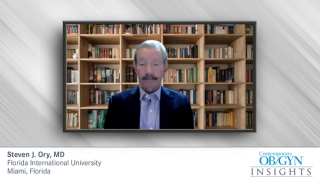
Infertility
Latest News
Latest Videos

CME Content
More News

A landmark fertility achievement, this artificial intelligence-driven intracytoplasmic sperm injection system marks a major step toward full automation in assisted reproductive technology.

Discover how in vitro fertilization, egg freezing, and fertility coaching support women with endometriosis, as patient April Christina shares her journey and expert Connie Stark, RNC, PNC, provides essential guidance.

Discover how fertility coaching provides personalized support, expert resources, and emotional guidance to help women with endometriosis make informed decisions about their reproductive health.

Review some of the top stories from the Contemporary OB/GYN website over the last week, and catch up on anything you may have missed.

A recent study found that a solution-focused approach significantly enhances mental well-being, sleep quality, and reproductive health in women of advanced maternal age undergoing in vitro fertilization.

As in vitro fertilization procedures evolve with new technologies and extended embryo care, embryologists face increasing workloads, higher stress levels, and the challenge of maintaining precision, leading to concerns about burnout and efficiency in the lab.

In a recent study, patients of all age categories were less likely to conceive if they had low antimüllerian hormone levels, highlighting its potential in reproductive counseling.
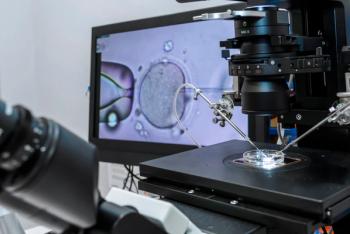
A new study suggests that fresh embryo transfer may improve live birth rates in women with a low chance of in vitro fertilization success compared to frozen embryo transfer.
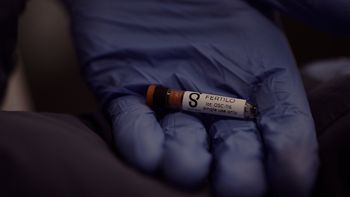
Gameto’s Fertilo gets FDA clearance for a phase 3 trial, pioneering iPSC-based fertility treatment to shorten IVF cycles and improve reproductive care.

Review some of the top stories from the Contemporary OB/GYN website over the last week, and catch up on anything you may have missed.

Discover how pre-implantation genetic diagnosis (PGD) helps predict and prevent miscarriages, improve IVF outcomes, and ensure healthier pregnancies.

A recent survey highlighted limited knowledge about bariatric surgery's fertility benefits, despite its proven role in addressing obesity-related infertility and improving reproductive health.

In a recent study, an inverse relationship was discovered between anti-Müllerian hormone levels and early menopause, highlighting the need to develop interventions for fertility preservation based on genetics.

In a recent study, female partners often experienced increased rates of invasive infertility procedures, despite high rates of male-factor infertility.

Review some of the top stories from the Contemporary OB/GYN website over the last week, and catch up on anything you may have missed.
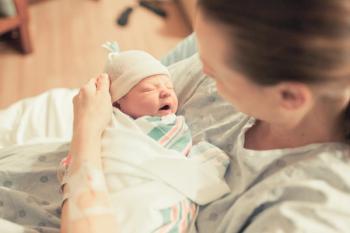
A recent study found no significant difference in live birth rates between blastocyst and cleavage stage embryo transfers in women with 4 or more embryos during in vitro fertilization.

A case series study shows women with absolute uterine-factor infertility who achieve a successful graft survival from uterus transplants may have greater conception success.

A recent study found that women with multiple children and a history of cesarean deliveries face lower fecundability and higher infertility risks compared to those with vaginal deliveries.

A recent study suggests that higher CASP8 expression in embryos is associated with successful implantation outcomes in women of advanced maternal age, as presented at ACOG 2024.

Review some of the top stories from the Contemporary OB/GYN website over the last week, and catch up on anything you may have missed.
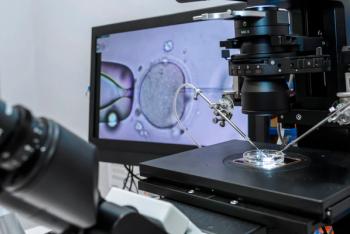
A recent double-blind, randomized clinical trial revealed a higher clinical pregnancy rate with pioglitazone compared to metformin in polycystic ovarian syndrome patients undergoing in vitro fertilization, suggesting potential for improved outcomes.

Review some of the top stories from the Contemporary OB/GYN website over the last week, and catch up on anything you may have missed.
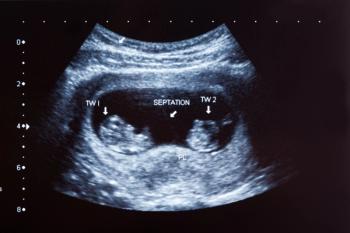
Learn how a mandatory elective single-embryo transfer policy in publicly funded in vitro fertilization programs significantly decreases multifetal pregnancy rates, offering insights into mitigating risks in assisted reproduction.
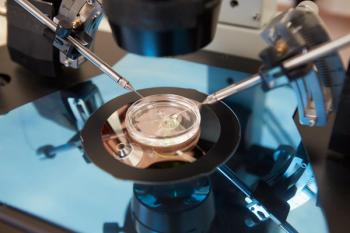
A recent poll highlights increasing public demand for broader insurance coverage for in vitro fertilization, underscoring persistent barriers faced by millions without access to adequate fertility care.
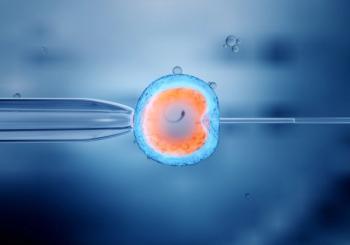
Dive into the latest statistics from the Society for Assisted Reproductive Technology, revealing a 6% increase in in vitro fertilization cycles and a surge in egg freezing, amidst a landscape of rising fertility service demand and evolving clinical practices.







